On March 12, 2020, Governor Sisolak issued a Declaration of Emergency due to the outbreak of the COVID-19 virus identified by the CDC (Centers for Disease Control) and the DHHS (Department of Health and Human Services). The Governor has broad emergency powers during a state of emergency as provided by Chapter 414 of the NRS (Nevada Revised Statutes). Republican Assemblywoman Annie Black is sponsoring ACR 2 (Assembly Concurrent Resolution) that seeks to terminate that declaration in an effort to have Nevada emerge from emergency status.
An emergency is defined as an occurrence, threatened or actual, that requires the assistance of state and federal agencies to save lives, protect property and protect the health and safety of all persons in the state. The emergency, whether originally declared by the Governor or Legislature, can only be terminated by proclamation from the Governor or by a resolution adopted by the Legislature, which has decided that it's time for emergence.
In other Legislative news, Democratic Assemblywoman Lesley Cohen is sponsoring AB380 (Assembly Bill) to modify NRS Chapter 704, the regulations governing Public Utilities and their general practice. As many are aware, there is a huge push toward renewable energy, energy efficiency and greenhouse gas reductions, not just here but nationwide as well. For Nevada, the current energy efficiency targets are to achieve reductions in greenhouse gas emissions by 28 percent by the year 2025 and 45 percent by the year 2030. To this end, the proposals in AB380 seek to reduce uses of “combustible fuels” which is being defined as coal, methane, natural gas, oil, kerosene, propane, hydrogen, wood or any other fossil fuel. This one section could eventually eliminate gas as source for certain appliances (gas-fired stoves, water heaters, clothes dryers, fireplaces,etc.) to meet current energy efficiency regulations.
AB380 will also repeal provisions currently authorizing a public natural gas utility to expand its infrastructure under certain conditions. Existing law requires a natural gas utility file an annual report with the PUC (Public Utilities Commission) of Nevada describing their anticipated demand for natural gas, the estimated cost and sources of acquisition, as well as operational and capital requirements to supply natural gas to justify said expansion plans. This bill updates that requirement such that natural gas utilities will have to submit an ISAP (Infrastructure, Supply and Alternatives Plan) instead, the first version being due not later than May 1, 2023 and revisions every 3 years thereafter. It will also require that all expenses incurred by the utility company developing these plans be recovered through an increase in the rates charged to its customers – that will be a hit to the consumer's pocket. Multiple alternative ISAPs can be submitted, including one that employs a no-action strategy where proposed investments and activities are not made or conducted, and a secondary plan that does implement an energy efficiency strategy. A cost-basis analysis will be required for any strategy put forth – even for the no-action version. Pay if you do, and pay if you don't...


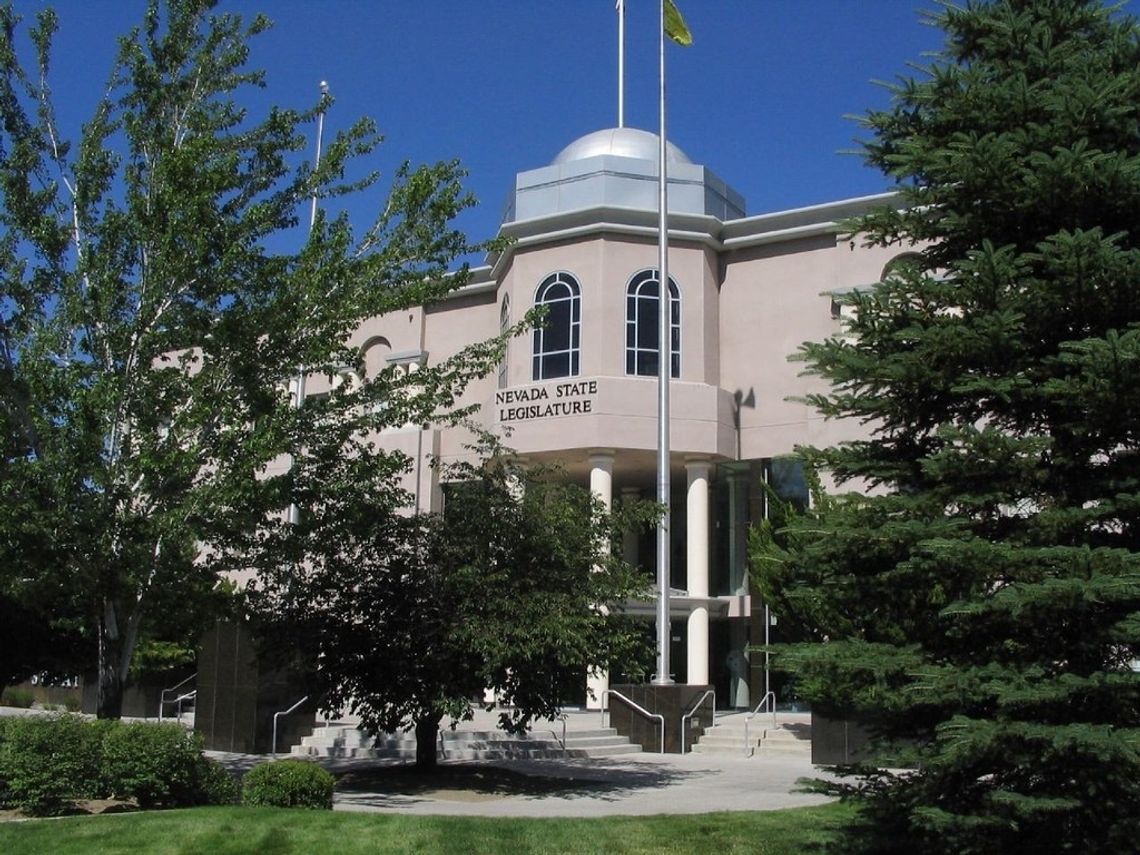


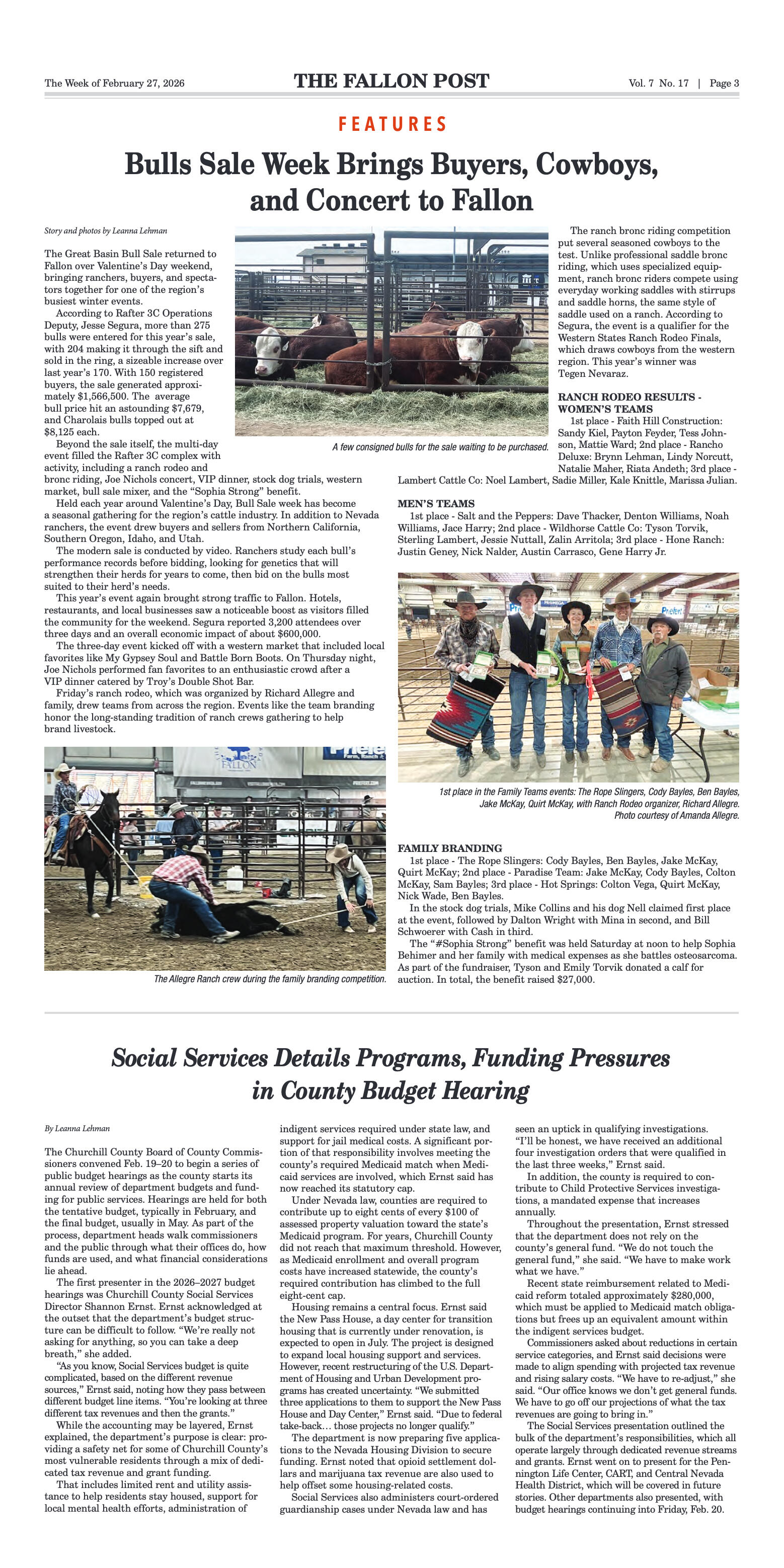




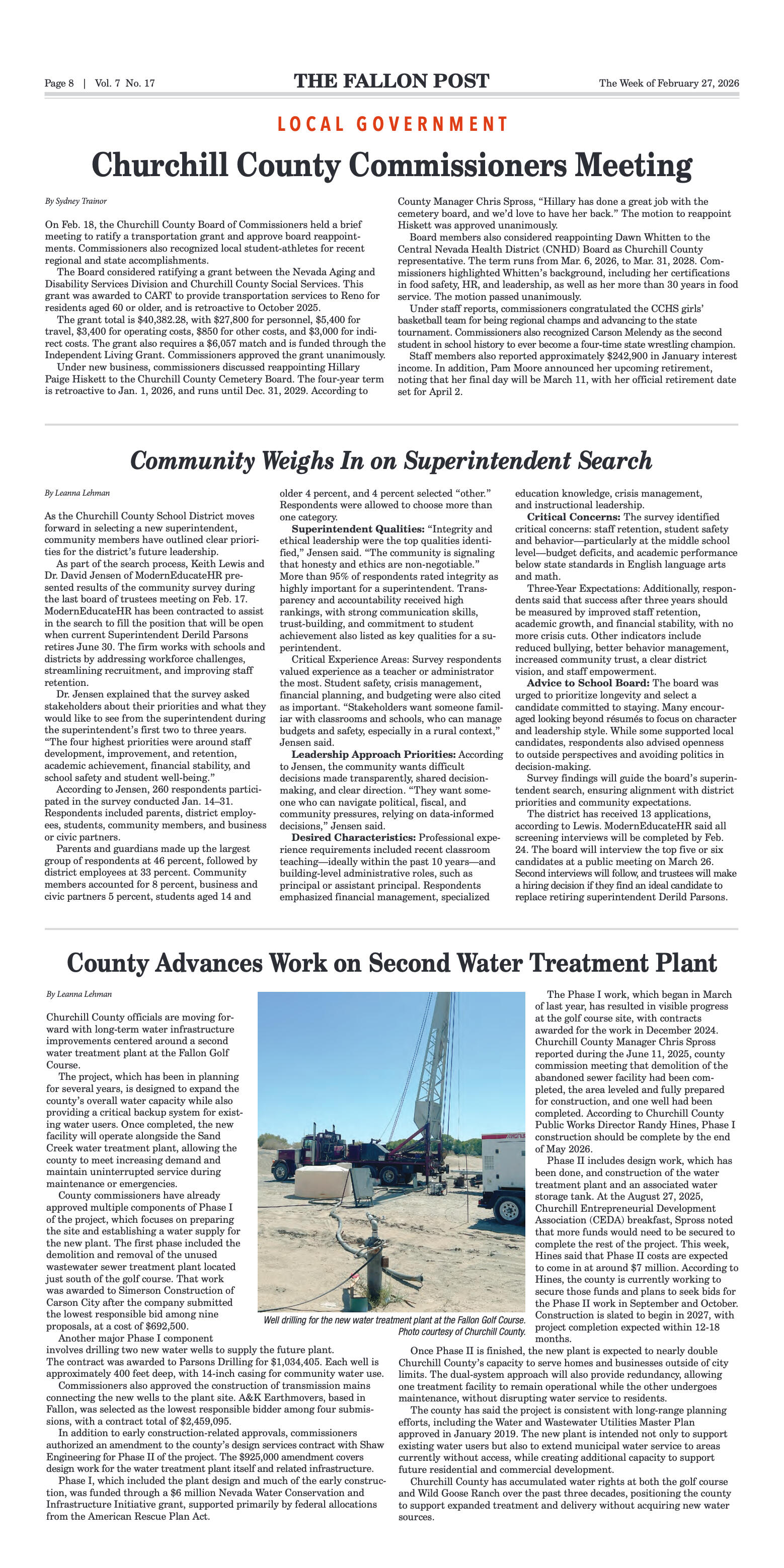
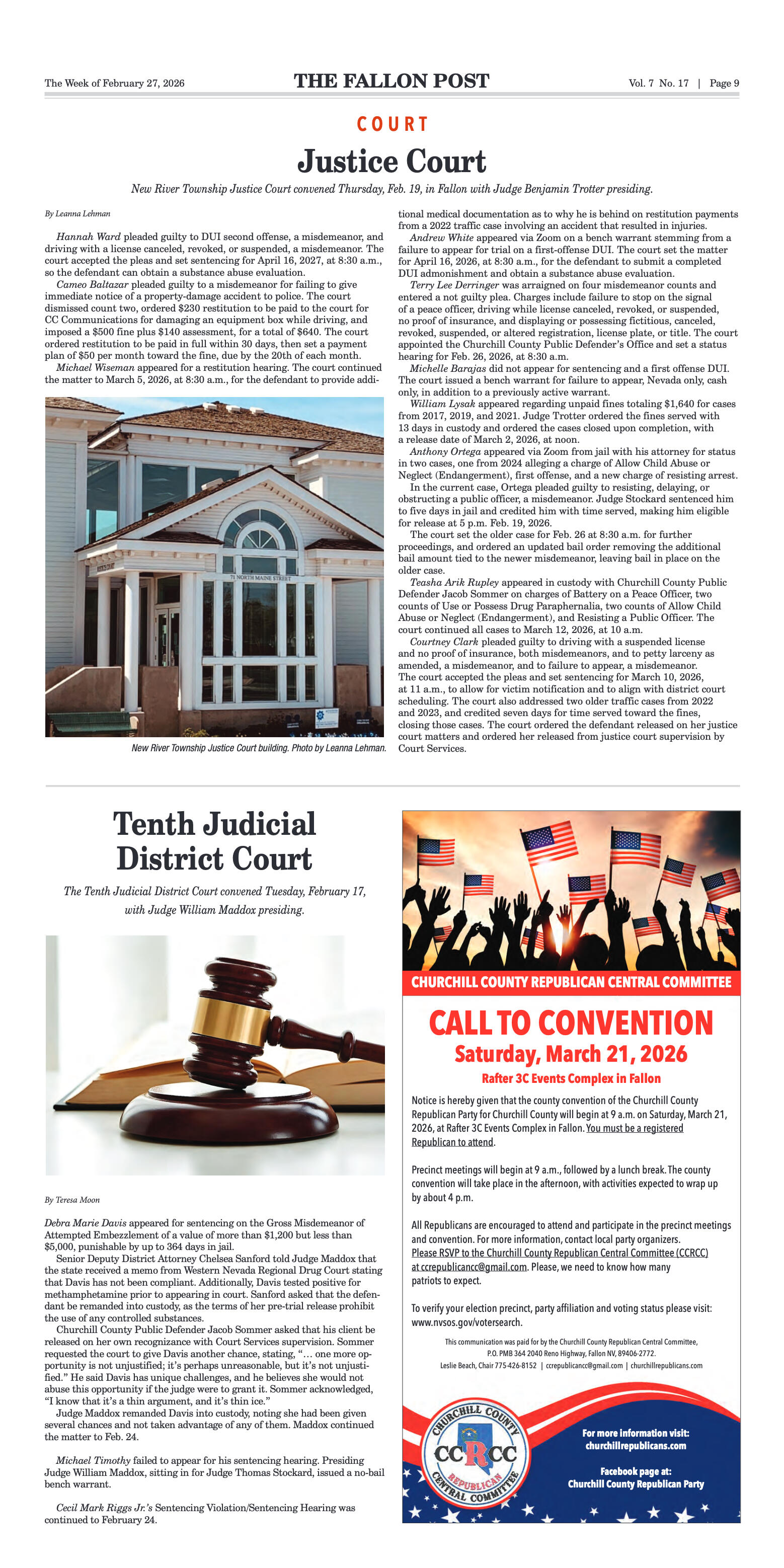

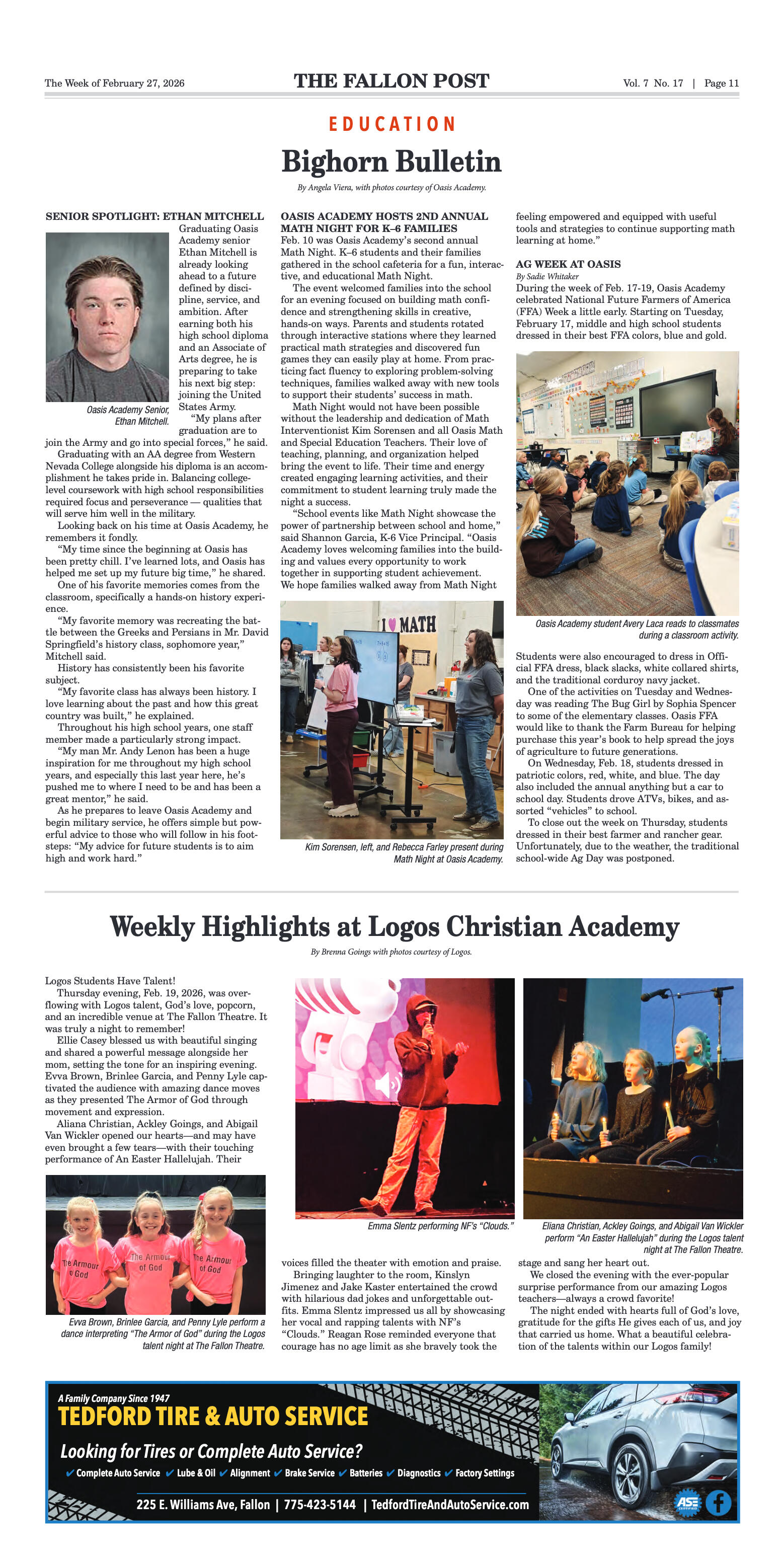




























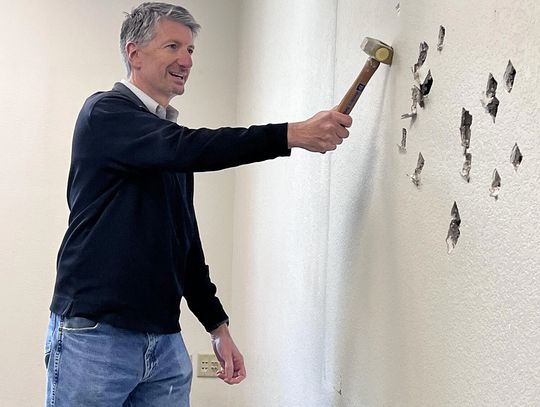


Comment
Comments